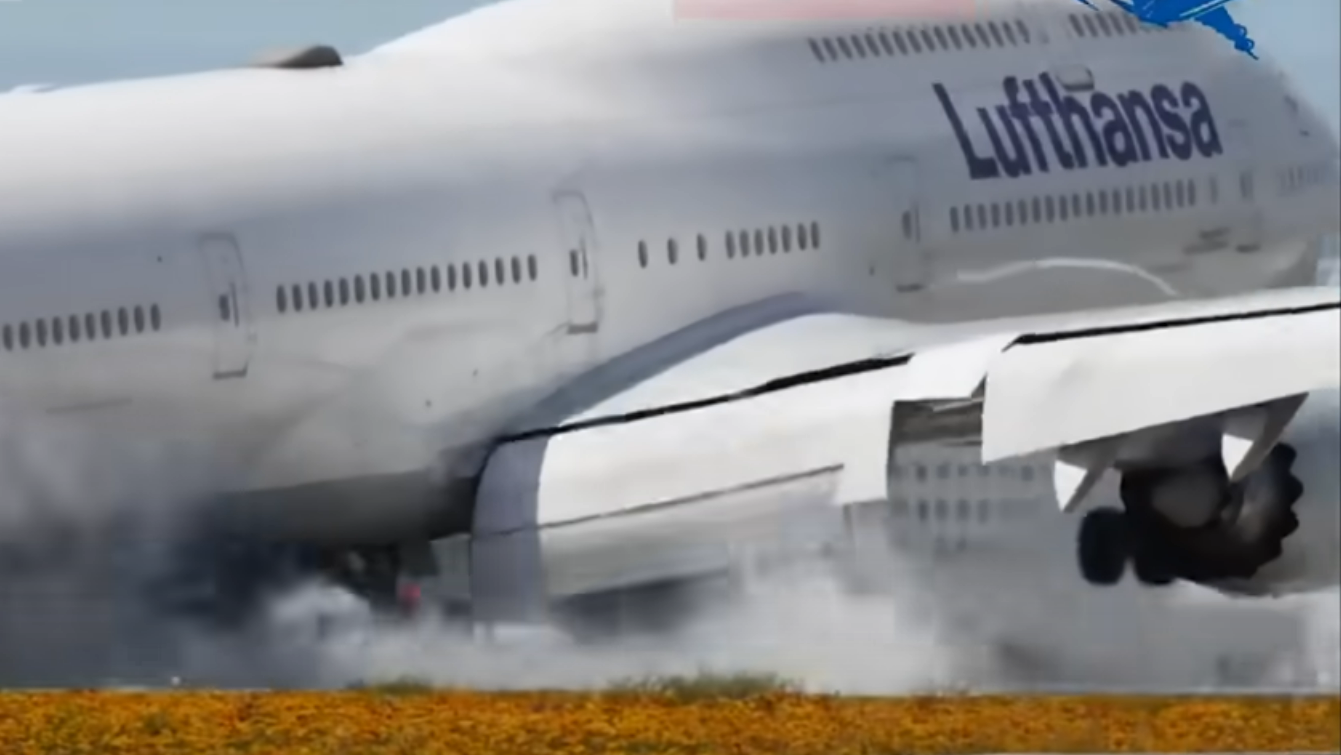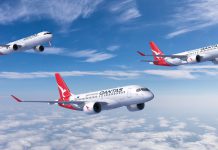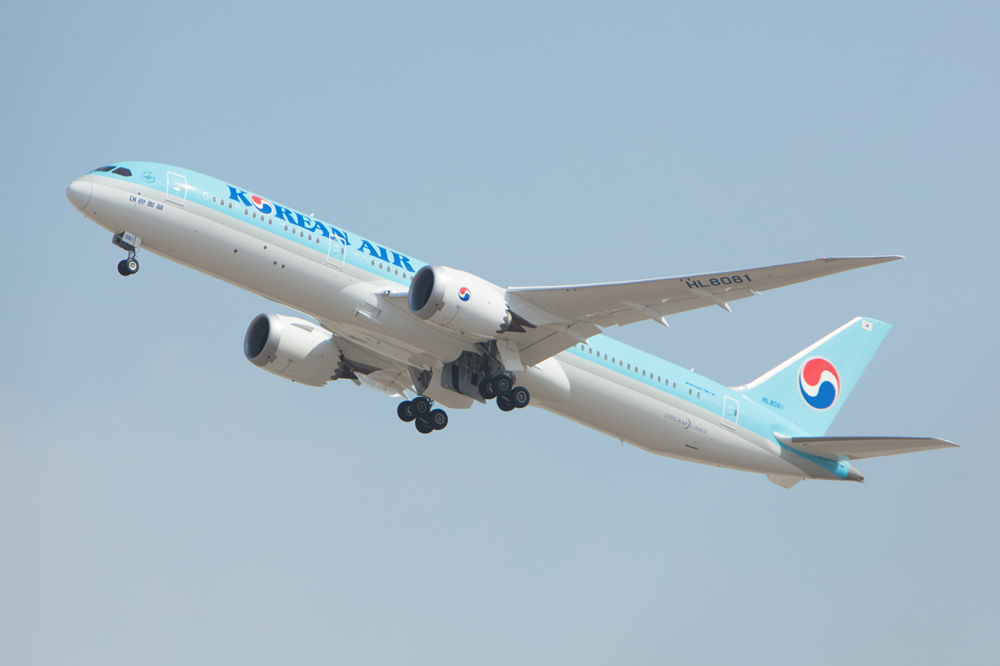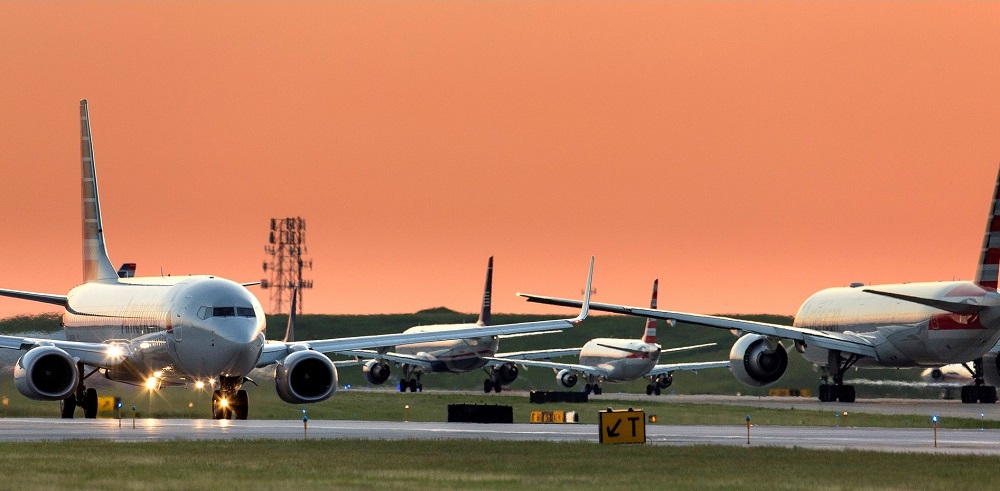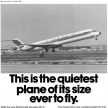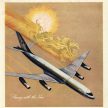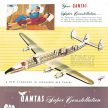Aviation investors felt the pain in 2018 as worries about fuel costs and the economy pushed down the global airline share prices by 20 percent to underperform the wider equity market.
The 20 percent fall in the world airline share price index compared to an 11.3 percent decline in the global equity market for the year.
“The underperformance of airline shares across much of 2018 mainly reflected investor concerns about the impact of rising costs on airline financial performance,’’ the International Air Transport Association said in its latest financial monitor. “However, the sharp fall in oil prices in late-2018 contributed to airline shares outperforming during Q4.”
Volatility in the global equity market saw the world airline share price index fall by 9.4 percent in December to levels last seen two years ago.
READ United unveils its new rhapsody in blue.
All three regional airline sub-indices declined during the month, with North America down by 16.5 percent followed by Europe (-5.6 percent) and the Asia Pacific ( -2.5 percent).
Pre-tax earnings margins in the third quarter were down in all regions compared to the same period in 2017 and dropped from 14.2 percent to 10.7 percent globally
Free cash flow was also down for the quarter while capital expenditure remained broadly unchanged at 10 percent of revenues.
There was better news from oil prices, which finished the year about 30 percent down on their October peak after rising for much of the year. But some uncertainty remained.
“The trend in oil prices has been less clear in recent months,’’ IATA said. “Prices fell sharply in late-2018 as market concerns shifted to oversupply, but have recovered partially in recent weeks amid signs of further supply cuts.
“The current price of Brent is around $US60/bbl, which is approximately 30 percent lowerA compared to values seen during the price peak in early October and approximately 12 percent lower than a year ago. Jet fuel prices are close to $US78/bbl.”
Global base passengers yields, which exclude surcharges and ancillary revenue, finished the year under pressure as global economic growth slowed.
This meant continuing low average fares for economy passengers but the picture was brighter for airlines in premium cabins.
“As we have noted before, premium-class yields are holding up better than those in the economy cabin,’’ the IATA report said. “This reflects the fact that premium-class demand is typically less price-sensitive than economy, which allows airlines to offset higher input costs to a greater extent.”
Both passenger and freight load factors trended down as the year closed.


